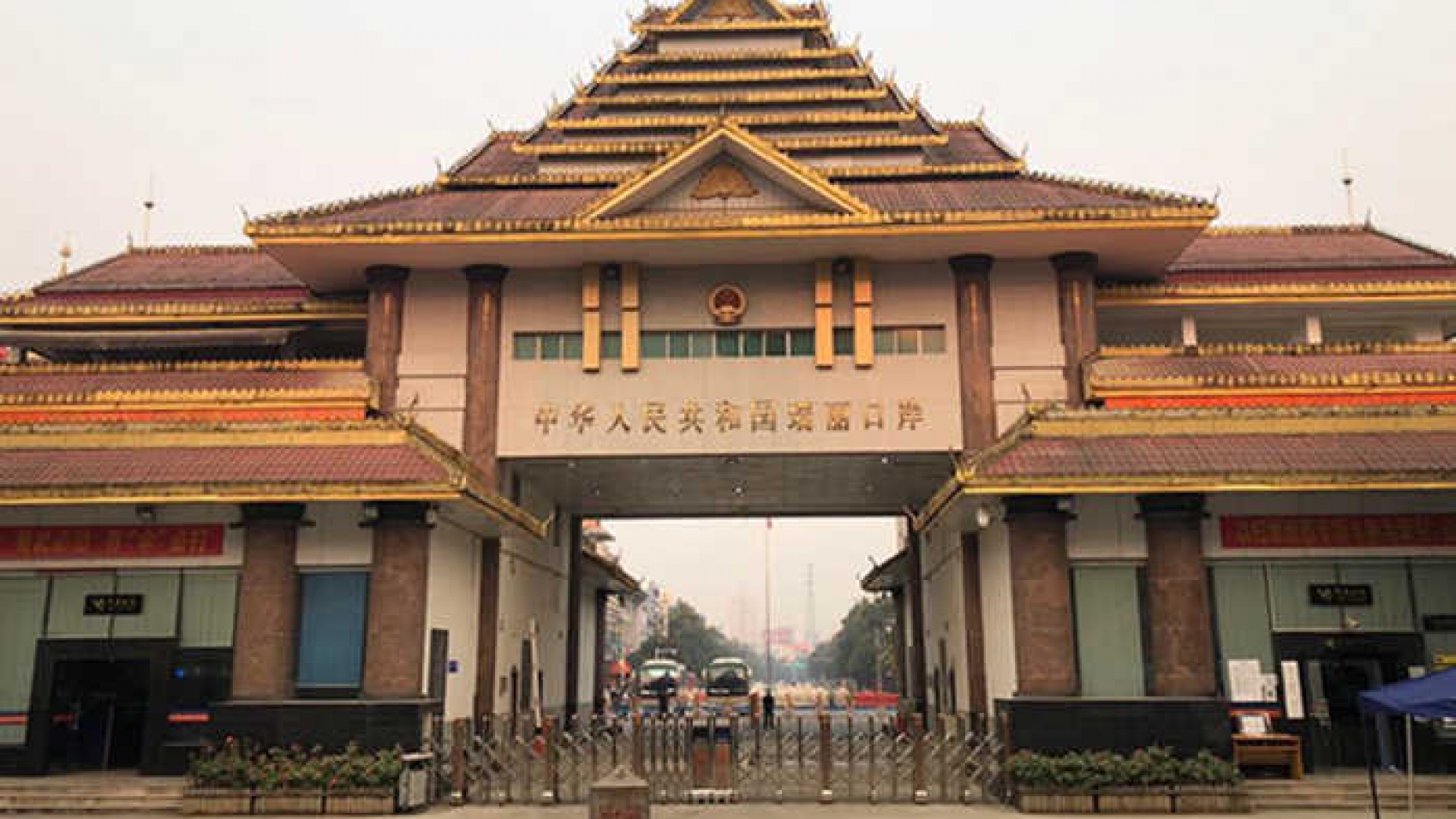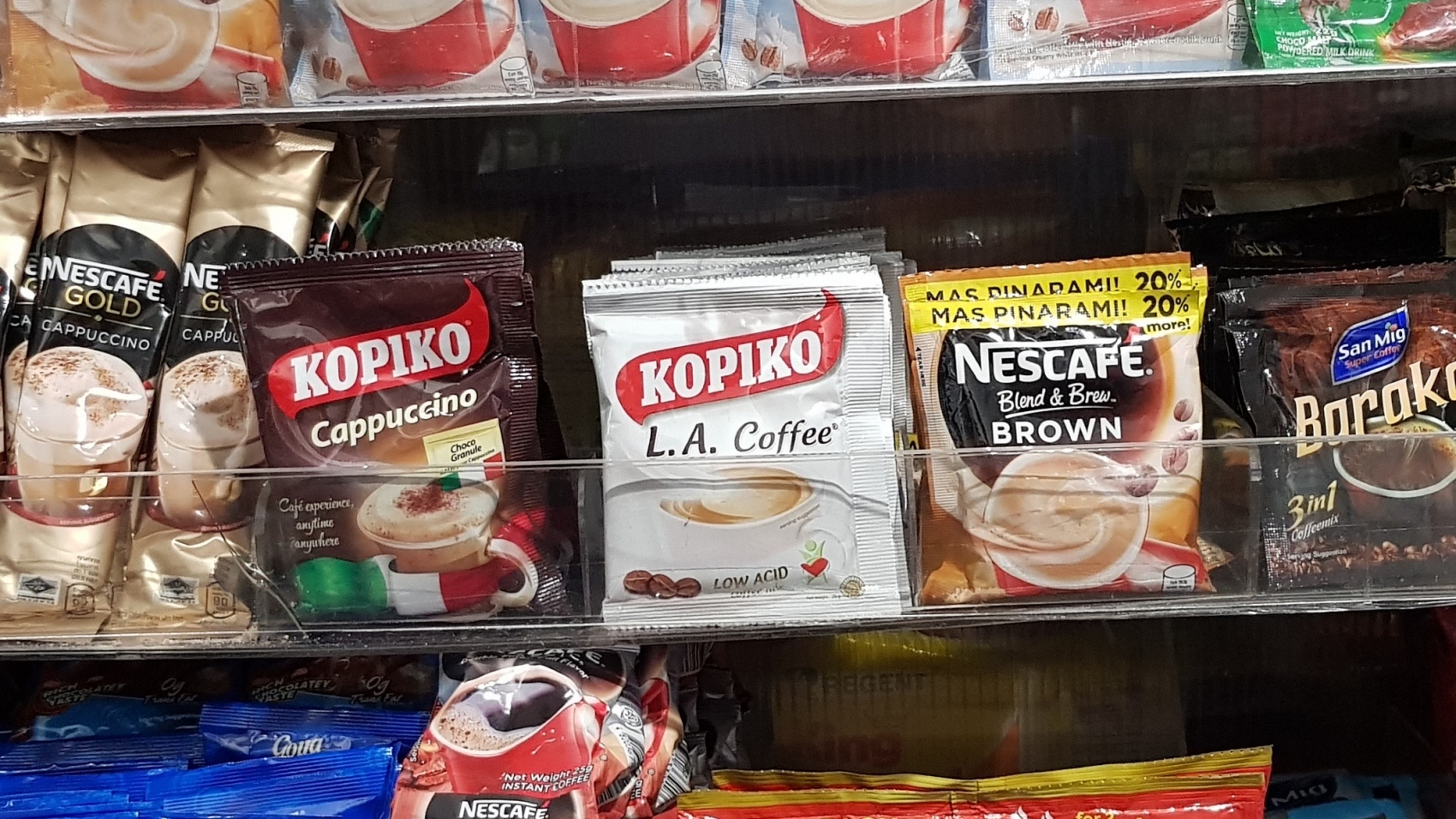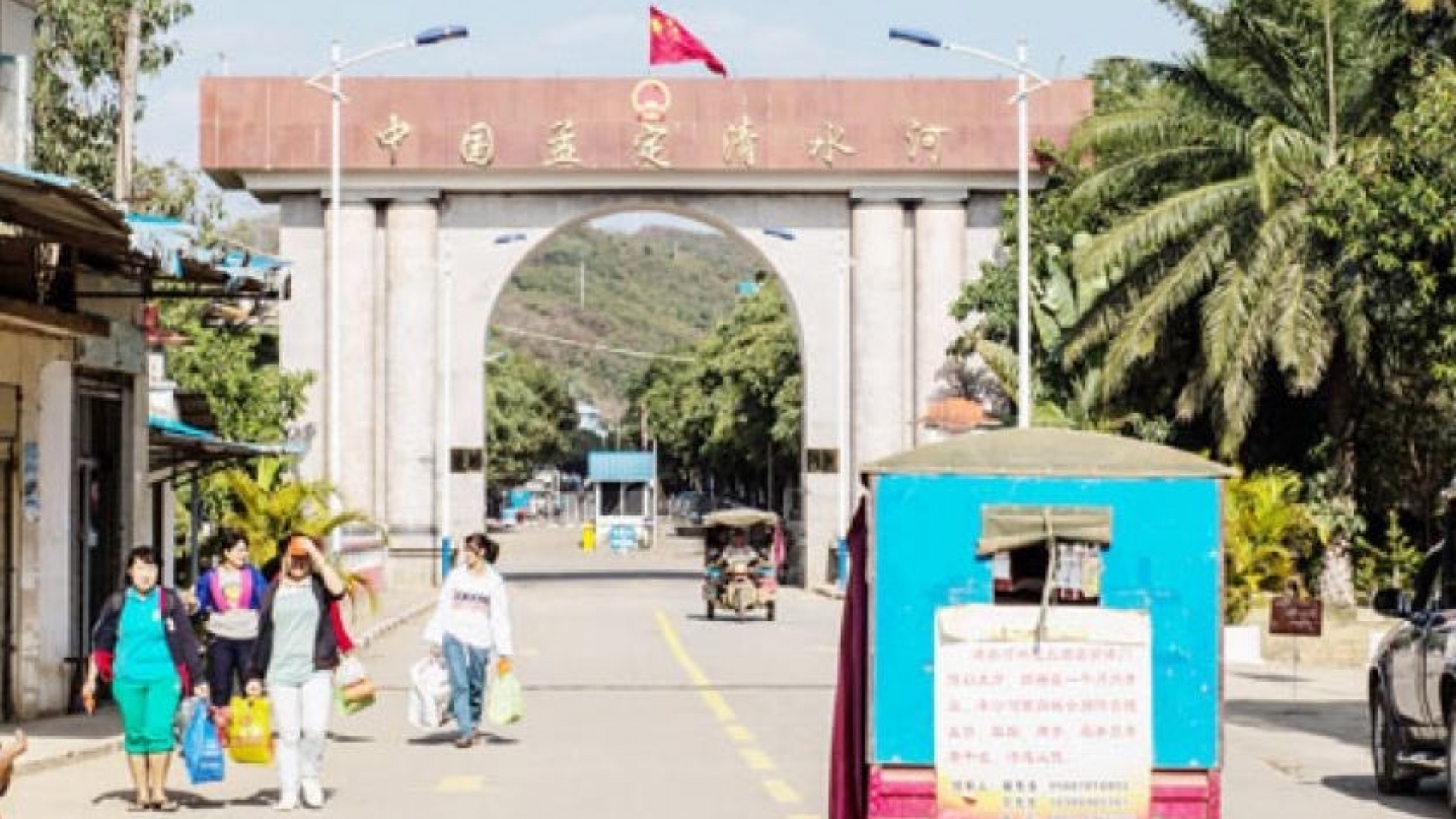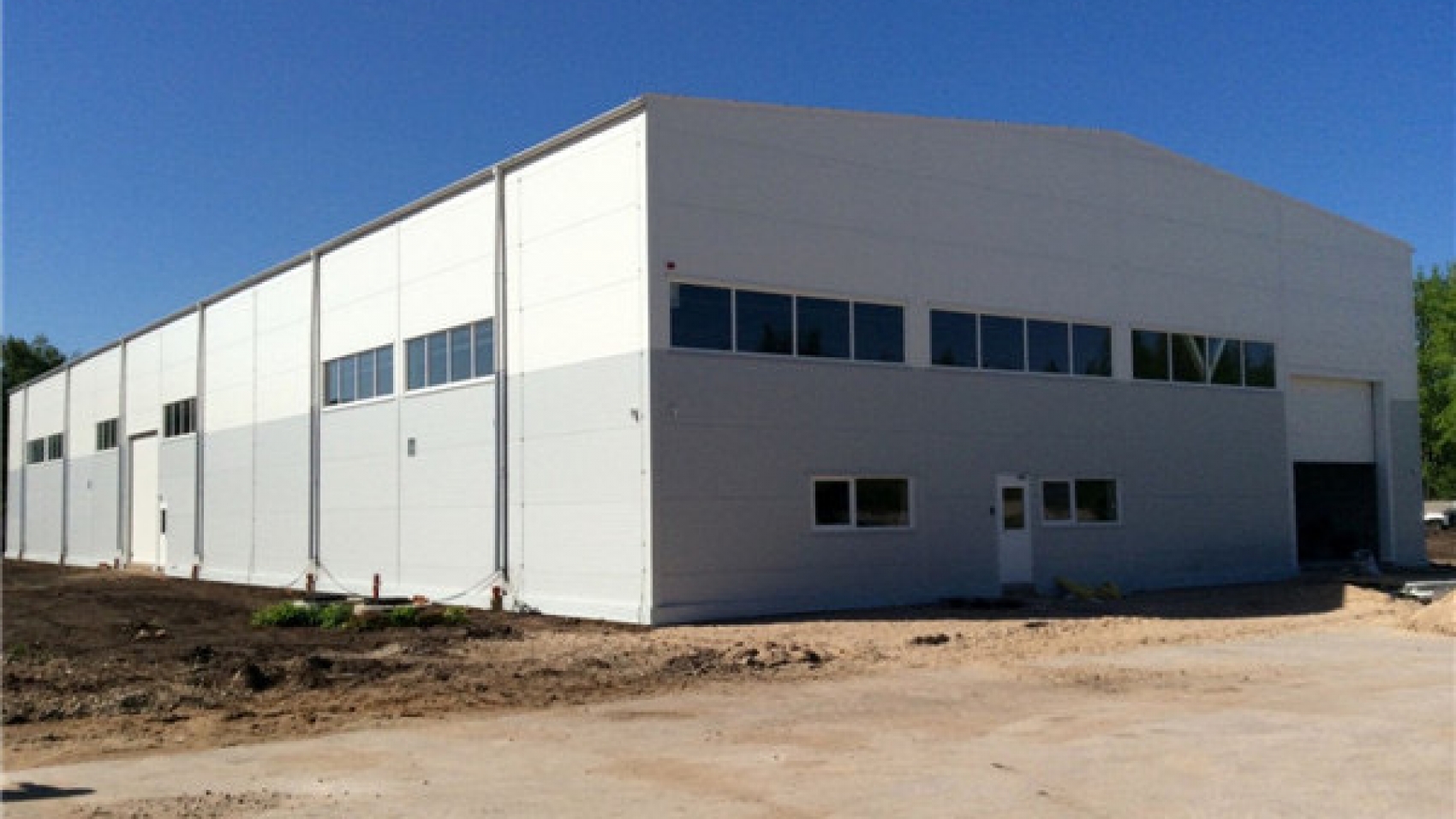The domestic fuel oil price has now risen above 50 per cent per litre in three months, as the heightened coronavirus restriction and possible lockdown in Asia sparked oil demand concerns, coupled with a strong dollar exchange rate. The fuel oil was pegged at around K590 per litre for Octane 92, K610 for Octane 95, K590 for diesel and K605 for premium diesel in early February 2021 in the domestic retail market. Then, it remarkably rose to K920 for Octane 92, K1,005 for Octane 95, K920 for diesel and K930 for premium diesel on 25 April 2021, according to the local fuel oil market. Domestic oil price is positively related to the global market.
Oil price inched higher in the global market at US$62.14 per barrel for WTI crude and $66.11 for Brent crude on 24 April. Additionally, the foreign exchange rate also affects the petroleum price. The US dollar is gaining against Kyat in the local forex market in April, rising above K1,600 per dollar. In mid-February, a dollar was worth K1,430. Usually, Myanmar imports fuel oil primarily from Singapore, with monthly volumes touching 200,000 tonnes for gasoline and 400,000 tonnes for diesel. There are about 2,000 fuel stations and over 50 oil importer companies in Myanmar, Myanmar Petroleum Trade Association stated. A monthly oil import is estimated at $400 million, yet the oil importers face banking restrictions for maritime trade.
Oil importers via land border can use informal payment Hundi system instead, said an importer. The domestic oil prices have declined from 10 January 2020 owing to a fall in global oil prices. On 8 January 2020, oil prices were pegged at around K905 per litre for Octane 92, K995 for Octane 95, and K985 for diesel and premium diesel. Following the global market crashing, the domestic oil price plunged to more than 50 per cent in April against January’s prices. In late April 2020, the oil prices touched a low of K290-330 per litre for Octane 92, K430-455 for Octane 95, K435-465 for diesel, and K445-475 for premium diesel, according to the domestic oil market. Ninety per cent of fuel oil in Myanmar is imported, while the remaining 10 per cent is produced locally. In the Q1 of the current financial year2020-2021, about $600 million worth of petroleum products were imported. The figure plunged by half compared to a year-ago period, the Ministry of Commerce stated.
Source: The Global New Light of Myanmar




